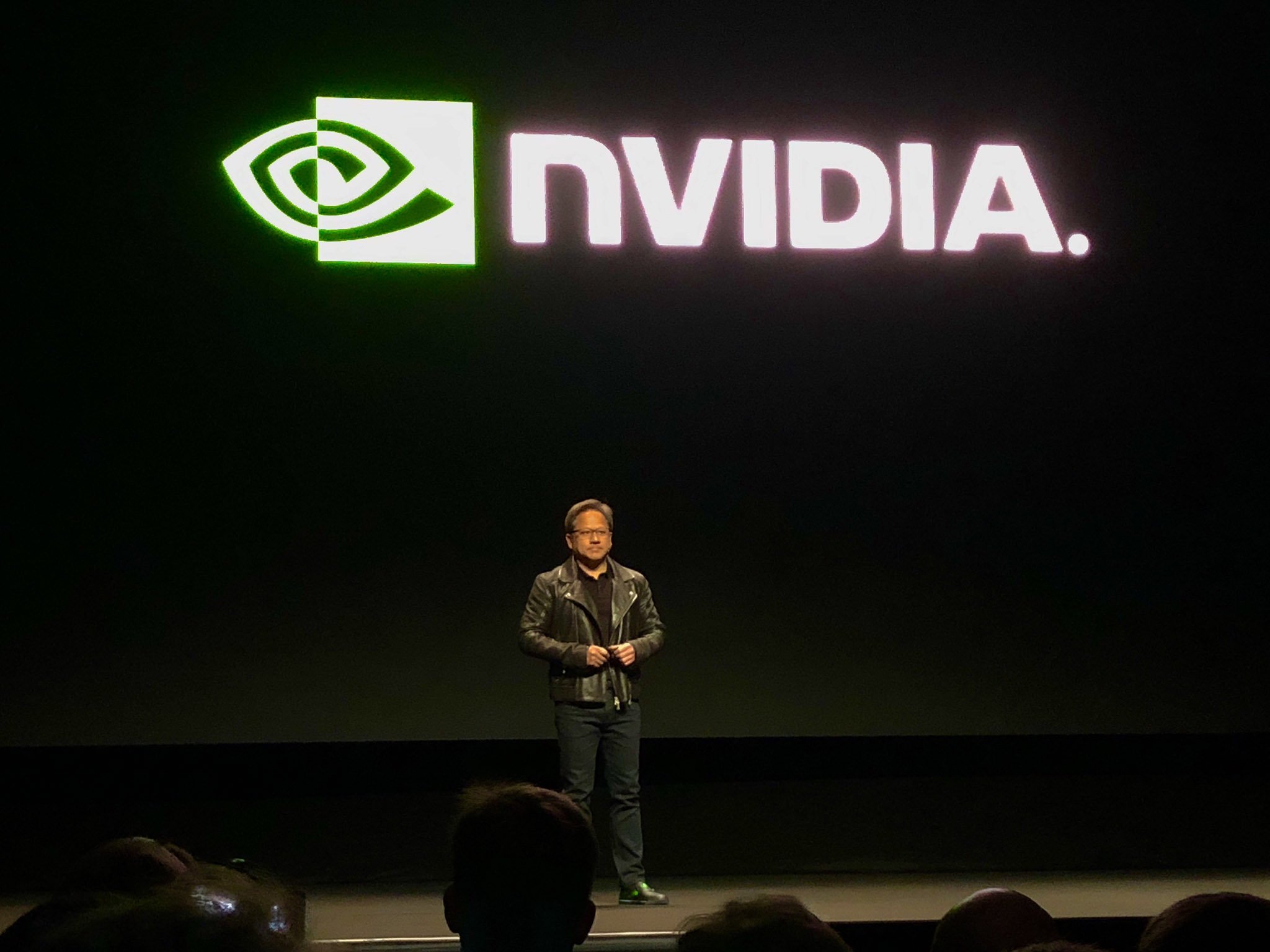Qualcomm's plan is working.
What you need to know
- The Federal Trade Commission has announced that it's suing to block NVIDIA's Arm merger.
- The Commission claims that the acquisition would stifle competition.
- The move comes after a lengthy investigation by the FTC that began earlier this year.
In what could be the biggest setback to NVIDIA's proposed acquisition of Arm, the U.S. Federal Trade Commission has announced that it is suing to block the merger.
The reasoning behind the move echoes what other government agencies and regulators have been saying since the acquisition was announced; that the merger would stifle competition and innovation.
"Tomorrow's technologies depend on preserving today's competitive, cutting-edge chip markets," says FTC Bureau of Competition Director Holly Vedova in a statement. "This proposed deal would distort Arm's incentives in chip markets and allow the combined firm to unfairly undermine Nvidia's rivals. The FTC's lawsuit should send a strong signal that we will act aggressively to protect our critical infrastructure markets from illegal vertical mergers that have far-reaching and damaging effects on future innovations."
The FTC highlights how Arm's technology is used across various industries, including powering the best Android phones powered by chips made from Qualcomm and other chipmakers, including the latest Snapdragon 8 Gen 1. Because NVIDIA develops chips that compete with other manufacturers that rely on Arm, the FTC is concerned that the merger could threaten Arm's "industry-described neutral, open licensing approach."
However, in a statement to Android Central, an NVIDIA spokesperson maintains that the company plans to preserve this model.
As we move into this next step in the FTC process, we will continue to work to demonstrate that this transaction will benefit the industry and promote competition.
NVIDIA will invest in Arm's R&D, accelerate its roadmaps, and expand its offerings in ways that boost competition, create more opportunities for all Arm licensees and expand the Arm ecosystem. NVIDIA is committed to preserving Arm's open licensing model and ensuring that its IP is available to all interested licensees, current and future.
The suit follows an investigation by the FTC after Qualcomm led discussions about why the merger would give NVIDIA an unfair advantage. Since then, various regulatory bodies have started their own investigations into the matter, prompting NVIDIA to push back the timeline for the deal's closure.
However, at this rate, closing the deal is starting to look less and less likely for NVIDIA.

0 Response to "You Can See More: The FTC really doesn't want NVIDIA to buy Arm, sues to block merger"
Post a Comment